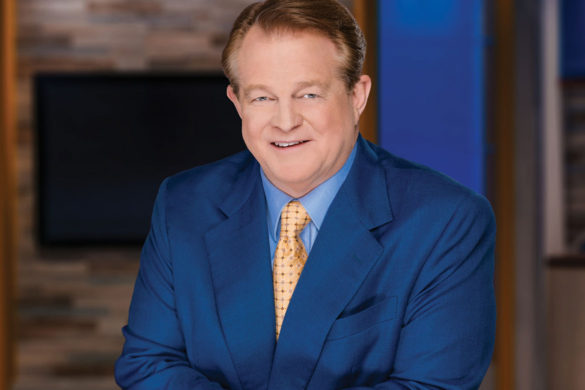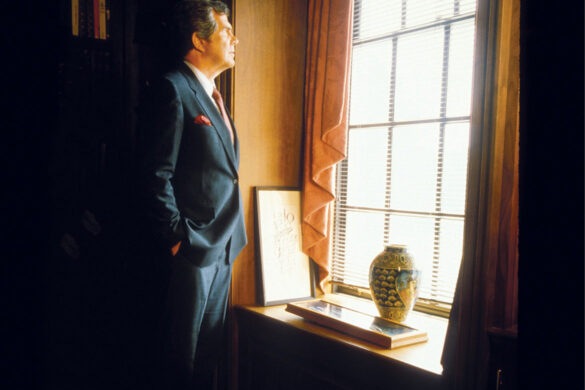If there’s one thing a polarized America can agree on, it’s this: we’re divided.
However, that chasm of political, social and theological division is the very space that Regent wants to enter through the Center for Christian Thought & Action (CCTA).
“Through the CCTA, we want to provide not only a moderating, thoughtful Christian voice but real solutions that can help move us forward as a culture,” says CCTA Director Rob Schwarzwalder. “We have to understand the times, what the issues are, what caused the problems we’re experiencing, and then integrate reason with faith … knowledge with our Christian understanding of the world.”
To do that, the CCTA features leading scholars and thinkers—the top minds in the fields of politics, law, economics, and more—who, through their detailed analyses and a Christian worldview, can help improve public policy and tackle the major issues plaguing our country.
Some of these commentaries include interviews with world leaders such as former Arkansas Gov. Mike Huckabee, author and social critic Os Guinness, former HP CEO Carly Fiorina, and New York Times best-selling author Jon Acuff.
But as Schwarzwalder notes, the goal of the CCTA is to provide more than just an opinion or educational commentary. They’re aiming for practical solutions that bring change.
“We want to provide policymakers not just with analysis but with ideas that they can implement into actual policy,” he explains. CCTA’s contributors—including Schwarzwalder—combine their academic discipline and real-world experience to identify the inherent biblical principles in an issue and cultivate a solution that represents those principles.
“These ideas are informed by not only fidelity to scripture but by rigorous scholarship and leadership in a professional endeavor,” says Schwarzwalder.
As the CCTA director, Schwarzwalder brings all of that to the table. Before coming to Regent, he served as senior vice president at the Family Research Council for over seven years and worked as chief of staff to two members of Congress.
Having been involved in the political realm, Schwarzwalder also understands the sensitivities involved with tackling such pressing and often divisive issues—from the stability of marriage to the morality of American military operations—and that they must be approached with civility and what he calls “principled compromise.”
“We can, by our conduct and by our spirit, stand for truth unequivocally but graciously,” he says. “And through principled compromise, still stand strongly by moral principles in an argument, yet be able to compromise on how to implement those principles in public policy.”
Most recently, the CCTA launched the webinar series Great Talks® where guest experts bring fresh perspectives to issues ranging from navigating COVID-19 to an upcoming forum on religious liberty. CCTA thought pieces will also be featured in issues of Impact.
All of this, says Schwarzwalder, aims to bring solutions that “we believe will bring healing and hope to the issues that so desperately need it in our country and our world.”











